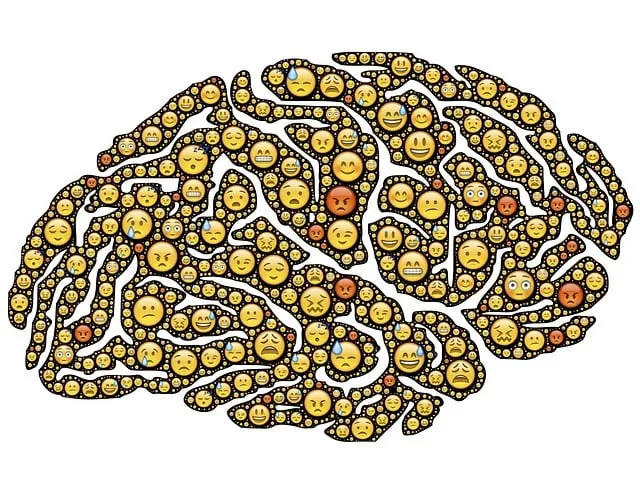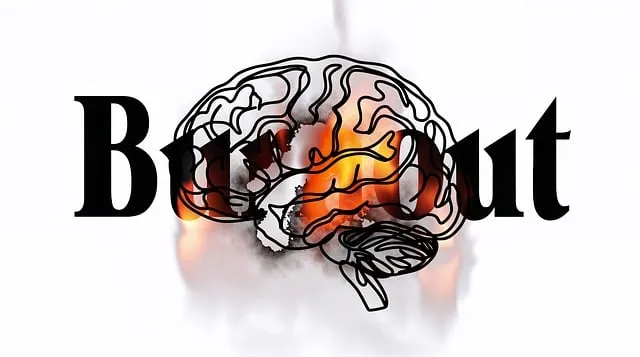Misdiagnosis of mental illness poses significant challenges, but Boulder Kaiser Permanente's specialized mental health services aim to rectify this through advanced assessment tools and provider training. They utilize AI algorithms to analyze patient history and symptoms, ensuring earlier and more precise diagnoses. Additionally, they prioritize cultural competency training for healthcare providers, reducing misdiagnosis rates across diverse patients. These innovative strategies underscore Boulder Kaiser Permanente's commitment to transforming mental health care, making it more accessible, effective, and inclusive, with a strong focus on accurate diagnosis via their renowned Boulder Kaiser Permanente mental health services number.
Mental illness diagnosis accuracy is a critical aspect of patient care, directly influencing treatment outcomes. This article explores efforts to improve diagnostic precision, focusing on the challenges of misdiagnosis and its significant impact. We delve into innovative approaches that enhance accuracy, highlighting the pioneering work of Boulder Kaiser Permanente in mental health services. With a specific emphasis on their initiatives, this piece sheds light on strategies that could revolutionize diagnosis, ensuring better support for those seeking help. Discover how these efforts aim to benefit individuals and the overall quality of mental healthcare.
- Understanding the Challenges: Misdiagnosis and Its Impact
- Innovative Approaches to Enhance Diagnosis Accuracy
- The Role of Boulder Kaiser Permanente in Mental Health Service Improvement
Understanding the Challenges: Misdiagnosis and Its Impact

Misdiagnosis can have severe consequences for individuals living with mental illness. Often, symptoms overlap across various disorders, making accurate diagnosis a complex task. At Boulder Kaiser Permanente, dedicated mental health services aim to address this challenge. With a comprehensive approach that includes advanced assessment tools and specialized training for healthcare providers, they strive to improve diagnostic accuracy.
The impact of misdiagnosis is profound. Inaccurate labels can lead to ineffective treatment plans, causing individuals to suffer needlessly. Moreover, it hinders progress in understanding mental health conditions by masking unique aspects of each disorder. Therefore, initiatives focusing on enhancing mental health awareness and healthcare provider cultural competency training, such as Social Skills Training, are vital steps towards ensuring every patient receives the right care at Boulder Kaiser Permanente mental health services number.
Innovative Approaches to Enhance Diagnosis Accuracy

In the pursuit of enhancing mental illness diagnosis accuracy, Boulder Kaiser Permanente mental health services have pioneered innovative approaches. One notable strategy is the integration of advanced technology and data analytics to support clinical decision-making. By leveraging artificial intelligence algorithms that analyze patient history, symptoms, and biological markers, healthcare professionals can now make more precise diagnoses earlier in the treatment process. This technological advancement, coupled with improved communication strategies between patients and healthcare providers, has significantly enhanced mental health awareness and understanding within the community.
Furthermore, Boulder Kaiser Permanente places a strong emphasis on Healthcare Provider Cultural Competency Training to ensure diverse patient populations receive accurate assessments tailored to their unique cultural backgrounds. This training equips mental health professionals with essential skills to navigate complex interpersonal dynamics, thereby reducing misdiagnosis rates and improving treatment outcomes. The combination of these strategies underscores Boulder Kaiser Permanente’s commitment to transforming mental health services, making them more accessible, effective, and inclusive for all.
The Role of Boulder Kaiser Permanente in Mental Health Service Improvement

Boulder Kaiser Permanente has been at the forefront of improving mental health services with a significant focus on accuracy in diagnosis. They recognize that a robust system for identifying and understanding mental illnesses is crucial to providing effective treatment. As such, they’ve invested heavily in training their staff to enhance cultural sensitivity in mental healthcare practice, ensuring every patient receives personalized care tailored to their unique needs and background.
The organization’s commitment extends to increasing the number of mental health professionals through various initiatives aimed at boosting confidence among practitioners and fostering a culture of Mental Health Awareness. By integrating cutting-edge diagnostic tools and continuously updating their practices, Boulder Kaiser Permanente is making strides in improving the accuracy of mental illness diagnoses, ultimately leading to better patient outcomes and enhanced satisfaction within their community.
Mental illness diagnosis accuracy is a complex issue, but with innovative approaches and dedicated organizations like Boulder Kaiser Permanente, significant improvements are achievable. By implementing advanced assessment tools and fostering a culture of continuous learning, the number of accurate diagnoses in mental health services can be vastly improved. Boulder Kaiser Permanente’s commitment to excellence in mental health care serves as a model for others, demonstrating that better diagnosis rates lead to more effective treatment outcomes for patients.




